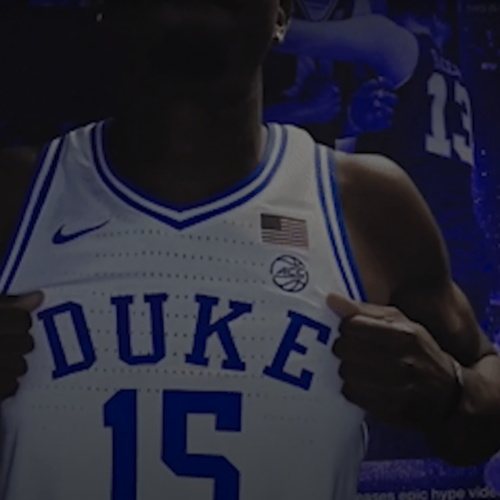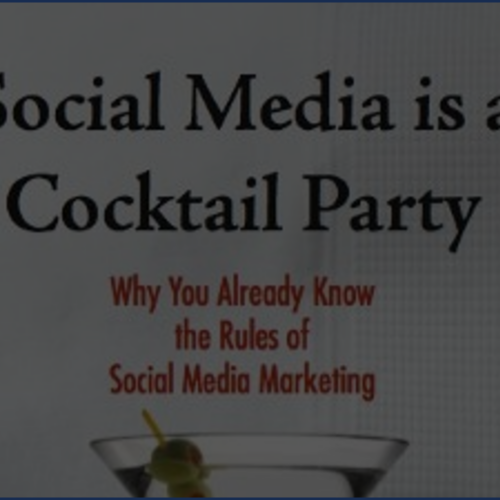
05 Dec What You Need To Know About FTC Influencer Disclosures
It may seem like old news to some but, there are still a decent amount of people out there that don’t seem to know there are FTC Influencer Guidelines. One of the most important guidelines is surrounding disclosing a relationship between an influencer and a brand. Instead of waiting to find out the hard way, hopefully this gentle reminder of what disclosures are and why they are needed will prove helpful.
In case this is the first time you’ve heard of the FTC in regard to influencers, the reason that they are involved with this still growing way of endorsements is to ensure that the general public understands there may be more behind just loving a brand. In fact they have a whole section of their guidelines just devoted to endorsements that you can read here. Today, we’re going to talk about the disclosure part of their guidelines.
Always, Always, ALWAYS disclose
This is the number one thing to make sure you have your influencers do, or as an influencer, the number one thing that you should be doing. If a brand provides compensation to a person in exchange for a blog post or social post, a discloser is required. There are no ifs or buts in concerns to disclosing or hidden loopholes, as a rule, ALWAYS disclose to avoid the risk of being fined.
What exactly qualifies as compensation?
Money or a product is considered compensation in the eyes of the FTC. Regardless if one is provided with money there must be a disclosure. For instance, if provided with something as small as a nail polish bottle to try in exchange for a post, you must disclose so that the general public knows this. Hotel stays, airline tickets, a box of the newest marshmallow filled cereal, the use of a vehicle for a week, all these are considered forms of compensation.
Why is it important to know there was compensation?
It protects others against false advertisement, which can also be referred to as deceptive marketing. With everything online these days (forgive me for sounding like I’m 90 years old) people look for reviews of products before purchasing them to ensure they’re getting what they think a product should deliver. Reviews are highly important and knowing that someone was paid to endorse a product might change the weight of that single review. If we didn’t have restrictions on paid advertisements then a product could end up with stellar reviews and end up being a dud.
What’s the best way to disclose?
Up front and obvious! For a blog post that is sponsored by a brand the disclosure should be at the top of the post so the reader knows immediately. Having the disclosure at the bottom of the post makes it less noticeable and a large number of readers might not make it to the very end depending on the length of the post. In social shares on sites such as Facebook, Instagram, Twitter, Pinterest, etc. the disclosure takes the form of a hashtag. However, there are specific hashtags that are considered acceptable by the FTC: #Sponsored, #Paid or #Ad are the recommended disclosures. Some influencers still use #Spon, the abbreviated form of Sponsored however, the FTC does not recognize that as acceptable as some people may not understand it.
Is there a point to influencer marketing if people know they were paid?
Of course there is! With the growth of influencer marketing, they are considered professionals in the world of reviews. While they are getting compensated, reputable influencers are still honest with their audiences. They serve to provide the details on the product that are relevant to shoppers. Since they are professionals, it’s their duty to go over the product with a fine-tooth comb and report back on what a reader might find important. Thinking of buying a new down comforter and saw one of the influences you follow who just posted about one they received to try out? Read their review, most likely they’ll touch on what is important like whether or not you feel like you are wrapped in a cloud. Ask questions in the comments if it wasn’t addressed in the post. Influencers are there to help and sometimes have additional information provided by the brand that’s not listed on the product package.
Hopefully this served as a good reminder as we get into the holidays were reviews are how most of us make our final decisions on purchases. If you’re looking to activate influencers for your brand, please do reach out to us as we’d love to help make sure you stay clear of the FTC’s radar.











